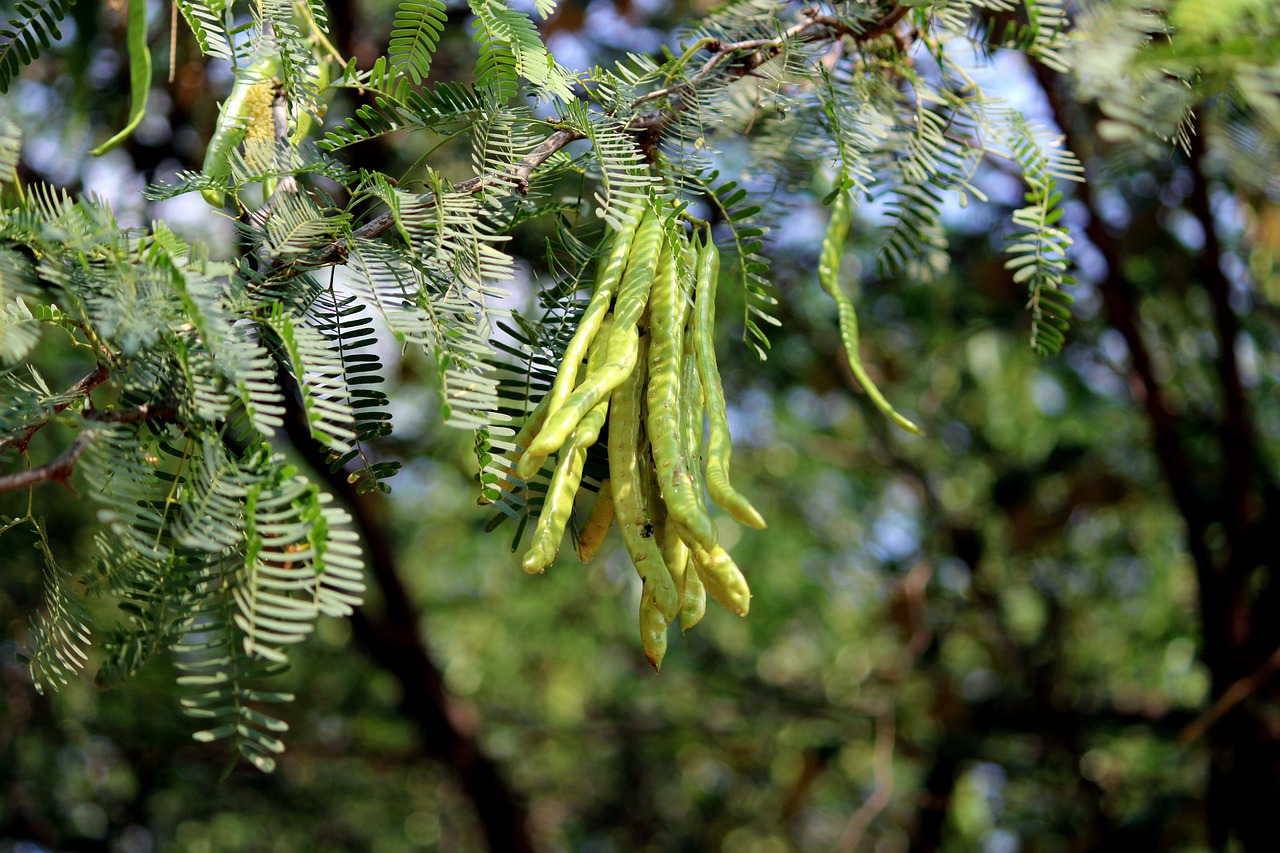Prosopis juliflora is a Dangerous Weed
The tree we commonly call Jungle Kikar, basically is a tree belonging to Fabaceae family, and it is scientifically known as Prosopis juliflora. Prosopis juliflora is native to Americas, North America, South America, and Central America, as well as in the Caribbean.
Prosopis juliflora is identified as an invasive weed because the killer nature of this species of tree does not let many other species grow. That’s why Prosopis juliflora takes a toll on the environment as well as the economy (because it also kills cultivation). Prosopis juliflora affects a large number of countries, where it is native or where it has migrated. It is believed that the economic loss world over due to Prosopis juliflora is estimated to be $140 billion. A lot of countries are even trying to remove this species from their territory because of the economic and environmental loss. Even the United Nations Environment Programme (UNEP) has initiated a program to remove Prosopis juliflora worldwide. The Prosopis juliflora stops the growth of grass, shrubs, and other species of trees that leads to deforestation and the loss of cultivated plants. Since this plant stops grass growth, it also puts cattle at risk in many developing nations in Asia and Africa.
Decreasing plants -Kikar is another cause of problem decreasing plants and greenery
It is believed that Prosopis juliflora or Kikar spread to Asia and Africa from the Americas. However, this is just a belief as there is no proof to support this argument. Prosopis juliflora, which is commonly called kikar, affects a lot of countries, and India tops the list of affected countries. In India, Prosopis juliflora affects about 5.6 million hectares of forest and cultivated land. About 1.8 million hectares of cultivated land and forested areas in South Africa are being affected by Prosopis juliflora. Ethiopia is third on the list of countries affected by Prosopis juliflora with 0.8 million hectares of land, followed by Kenya with 0.6 million hectares of land. Encourchment in forested areas and cultivated land is still growing dangerously.
Because of its adaptive nature and super-fast growth, Prosopis juliflora was initially grown for firewood in Africa and later this species of tree was also promoted as a plant to tackle desertification because it grew easily in all kinds of climate and territories. However, everything went out of hand when Prosopis juliflora began to grow invasively stopping everything on its way. Now, it is taking a toll on ecology as well as the survival of the human race.
Kikar changes the environment and increases the process of desertification
According to the United Nations Environment Program, Prosopis juliflora is one of the primary reasons for environmental loss. In fact, human civilization encounters economic set back more from this species of the tree compared to other environmental changes. As per a rough estimate by pollution experts, loss of the world’s total GDP due to environmental changes is between 0.2-2 percent. However, loss of the world’s total GDP due to Prosopis juliflora greater than that estimated figure.
Increasing Population and Deserts
This is hard to believe but according to reports of the United Nations Environment Programme (UNEP) greenery or fertile land in more than 100 countries is under the threat of desertification. This kind of increase in sand and loss of fertility in the soil is putting more than 1 billion people in these countries in economic loss. This loss is an additional loss as a lot of countries in Asia and Africa are already suffering from the existing deserted land. According to the UNEP, one-third of countries in Asia and half of the African continent, are witnessing population rise, the increase in the population is also creating urbanization and a need to grow more food, which is reducing forested areas.
In order to grow more food and build more settlements, forested areas are being cleared. The clearing of forests is also increasing desertification. In the areas where there was a dense forest until recently, is naked now. This kind of deforestation and desertification is rapidly increasing in Africa and Asian. The green hills are no more green. This desertification is almost irreversible.
